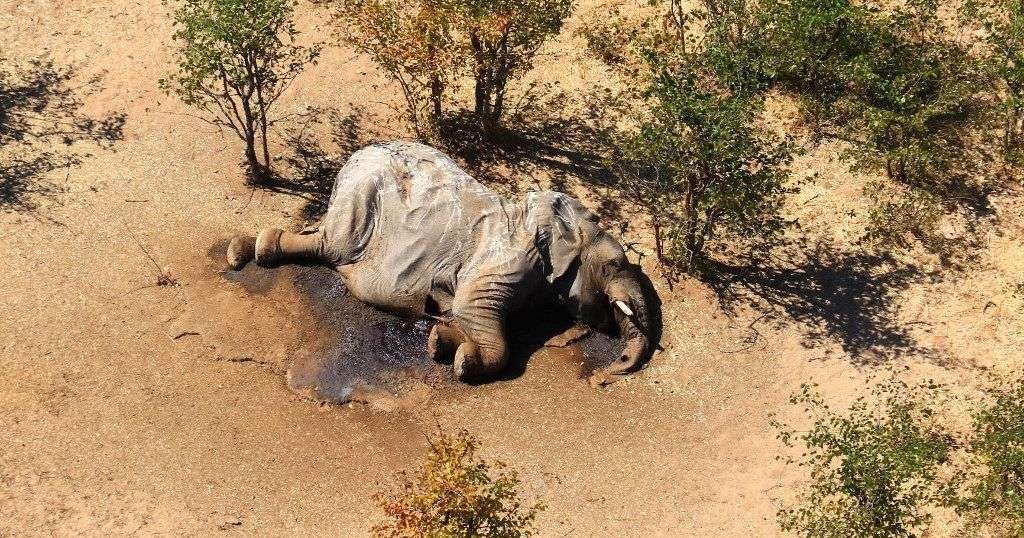Diaspora, Africa – (African Boulevard News) – FAO Report Assesses Impact of Disasters on Agriculture and Food Security
In a groundbreaking revelation, the world now has an assessment of the consequences of disasters on a global scale. Over the past three decades, the agricultural sector has incurred losses amounting to billions of dollars due to the increasing frequency and intensity of disasters. The Food and Agriculture Organization (FAO) report, released earlier this week, sheds light on the impact of disasters on agriculture and food security, urging immediate action to prevent further damage.
The report, titled “Assessment of the Impact of Disasters on Agriculture and Food Security,” presents a comprehensive analysis of the risks faced by the agricultural sector in different regions of the world. It highlights that climate-related disasters, such as droughts, floods, and storms, have been the most destructive, causing massive crop losses and livestock deaths.
The consequences of these disasters extend far beyond immediate losses. The report reveals that they disrupt the entire food chain, leading to price hikes, reduced access to nutritious food, and increased vulnerability among small-scale farmers and rural communities. This, in turn, exacerbates poverty and inequality, making it even more challenging to achieve global food security goals.
The FAO report emphasizes the need for a proactive and integrated approach to disaster risk reduction in agriculture. It calls for increased investment in climate-resilient agriculture, improved early warning systems, and enhanced capacity building for farmers and governments. Additionally, the report emphasizes the importance of promoting sustainable farming practices and strengthening social safety nets to ensure the resilience of vulnerable communities.
Dr. Akinwumi Adesina, President of the African Development Bank, applauded the FAO’s efforts in bringing attention to this critical issue. He stated, “Disasters have the power to reverse years of progress made in agriculture and food security. We must act now to build resilient food systems that can withstand future shocks.”
The FAO report also highlights the need for international collaboration in addressing the impact of disasters on agriculture and food security. It stresses the importance of partnerships between governments, international organizations, and the private sector to mobilize resources and expertise.
As the world grapples with unprecedented challenges, including a changing climate and a global pandemic, safeguarding agriculture and food security becomes more urgent than ever. The FAO report serves as a wake-up call, urging policymakers, researchers, and stakeholders to prioritize resilience and sustainability in agriculture and ensure the availability of food for all.
With the knowledge presented in the FAO report, the world has the opportunity to mitigate the devastating consequences of disasters on agriculture and food security. By taking immediate action, we can build a future where resilient farming practices and strong food systems ensure that no one goes hungry, regardless of the challenges we face.
Sources:
– “FAO report assesses impact of disasters on Agriculture and Food Security” – Africanews
– FAO report on the impact of disasters on agriculture and food security.

